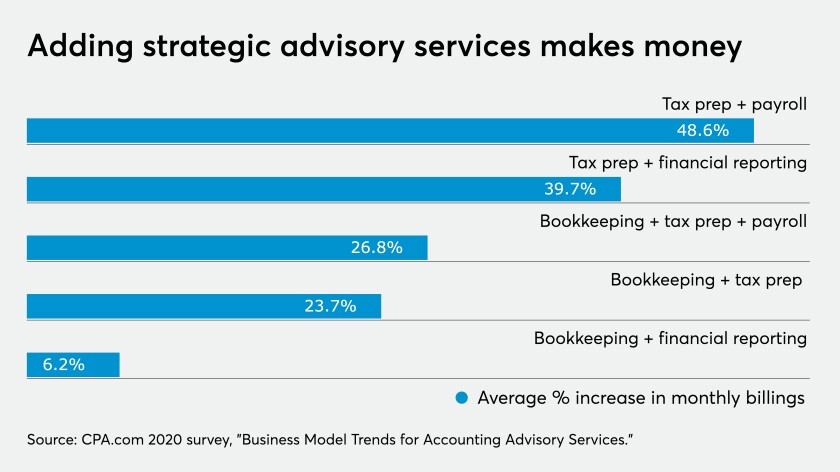The leaders of Congress’s main tax-writing committee are wondering if the Internal Revenue Service will be ready to handle next tax season as it’s still processing millions of pieces of correspondence that went unopened for months during the COVID-19 pandemic.
House Ways and Means Committee chairman Richard Neal, D-Massachusetts, and Oversight Subcommittee chairman Bill Pascrell, D-New Jersey, sent a letter Thursday to IRS Commissioner Chuck Rettig asking him to answer their concerns about the agency’s preparedness for the upcoming tax-filing season due to the ongoing backlogs.
The Internal Revenue Service is reversing course on the automatic revocation notices that it sent to more than 30,000 tax-exempt organizations.
Automated technology makes it easier to provide extra services during these difficult times; and it also creates opportunity to move to value pricing.
The Internal Revenue Service is now allowing tax advisors and taxpayers to fax the Form 8918, Material Advisor Disclosure Statement, as part of its response to the novel coronavirus pandemic.
“Clearly, the current filing season has been long and challenging for the IRS due to the ongoing pandemic, and we are concerned about another filing season fast approaching,” they wrote. “As you are aware, this filing season, the tax filing deadline for individual returns was extended to July 15, and the automatic tax filing extension of October 15 only just passed. Millions of taxpayers still have not had their tax returns processed, and we continue to hear from constituents who now believe their returns are ‘missing’ and others who anxiously await needed refunds. With the current backlogs, it appears the processing of 2019 returns likely will extend into 2021.”

They pointed out that the end of the calendar year is a time when the IRS usually develops tax forms and publications, prepares and tests its information systems for changes to the tax laws, and staffs and trains taxpayer assistance and other employees for the next filing season. In addition to the typical filing season workload, they noted that the IRS has some additional responsibilities this year related to the tax provisions in the CARES Act.
That includes processing the remaining Economic Impact Payments that have yet to be distributed. On Friday, the IRS announced that it has designated Nov. 10 as National EIP Registration Day in an effort to get the remaining taxpayers who have not yet received their payments ahead of the extended Nov. 21 registration deadline.
“While we remain troubled by the backlogs and issues attendant to the current filing season overflowing into the next year, we also are worried that the next filing season will arrive without the normal IRS preparedness and the necessary pandemic contingency preparedness,” Neal and Pascrell wrote.
They asked Rettig for answers by next Thursday to their questions about whether the 2021 filing season will begin on time next year, on what date the IRS expects to open the filing season, and is the IRS prepared for it.





